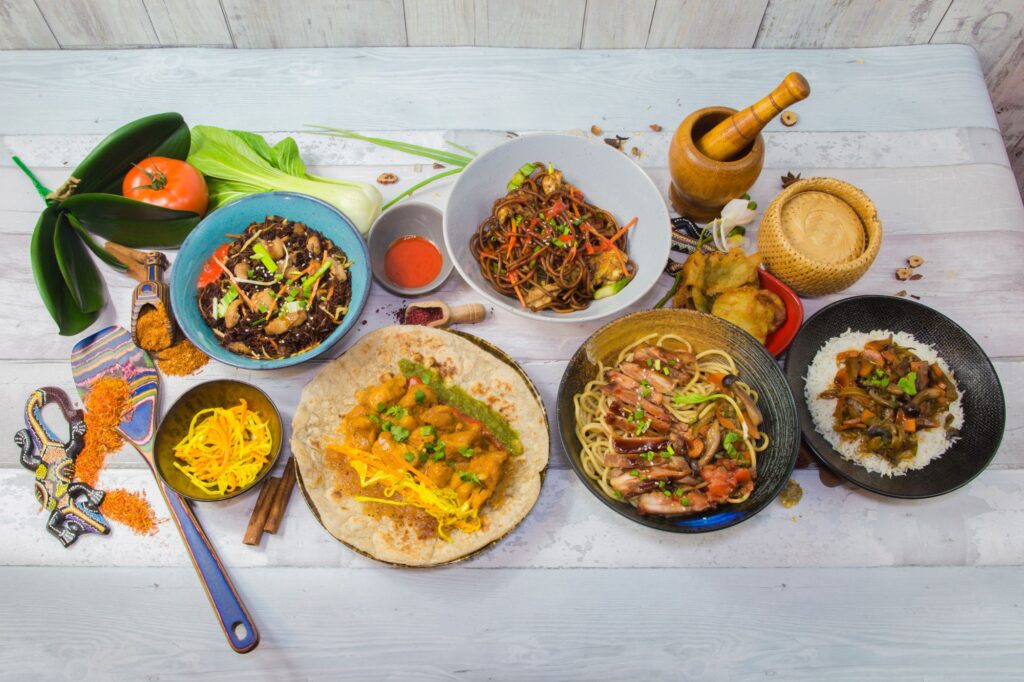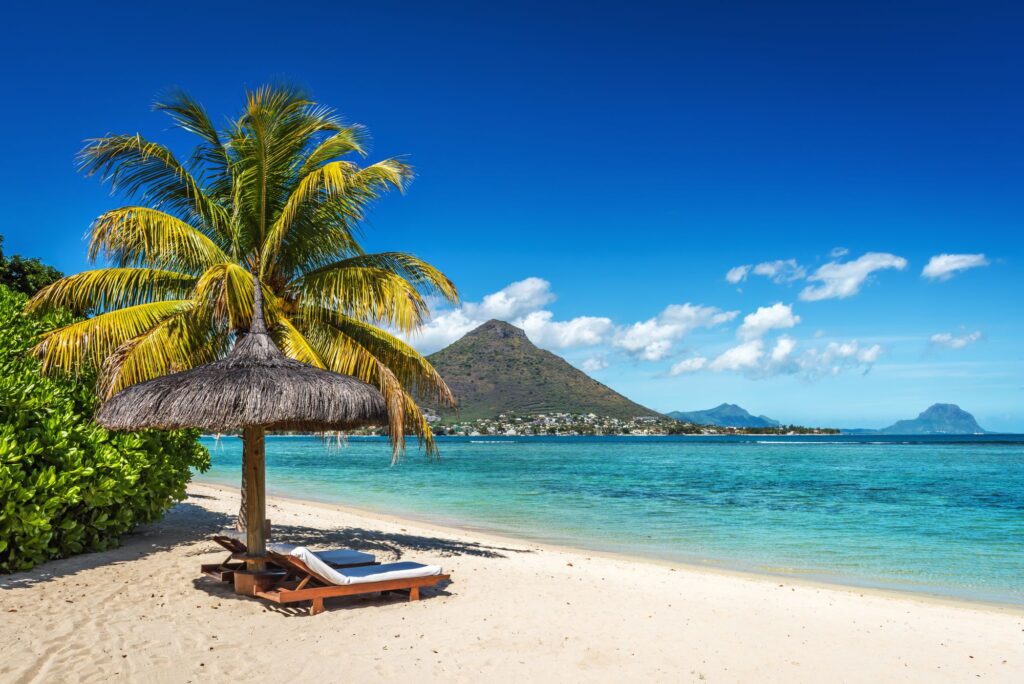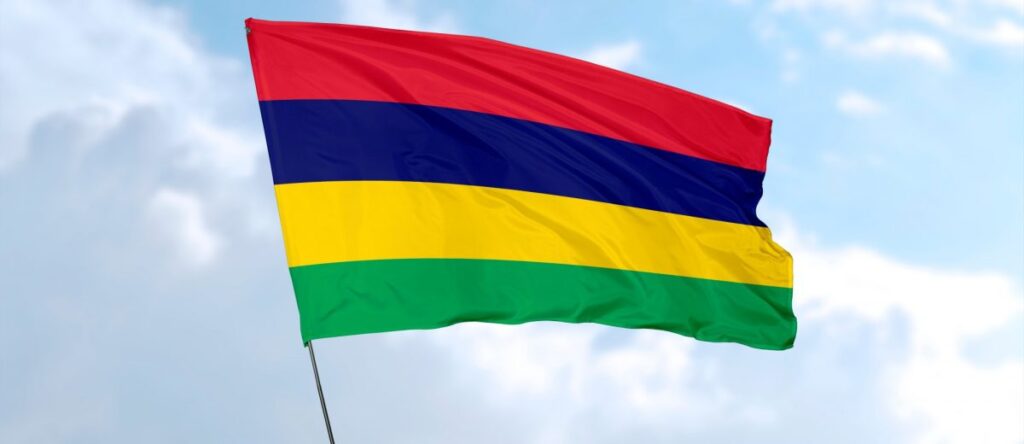March 12 is a very special date for the people of Mauritius, marking the island’s Independence from the British in 1968. This historical event is annually celebrated to acknowledge the nation’s resilience, unity, and development. The development of Mauritius from a colonial to an independent, multicultural, and thriving nation is proof of the people’s determination and resilience to build a better future. Over the centuries, Mauritius has become a thriving economy with a multicultural heritage and a democratic government. Today, people are reminded about the hardships endured and the achievements realized, urging future generations to work hard to uphold the unity and development of the nation.
The Road to Independence
Mauritius’ struggle for Independence was shaped by centuries of colonialism. The Dutch colonized it in the 17th century and were later succeeded by the French, who established a strong cultural and economic framework. In 1810, the British took power, ruling for over a century. It was in the mid-20th century that the call for self-rule gained momentum with the guidance of visionary leaders like Sir Seewoosagur Ramgoolam, also known as the architect of Independence. With diplomatic efforts and political reorganization, Mauritius gained Independence on March 12, 1968, but stayed in the Commonwealth. This peaceful transition marked the beginning of a new era of democracy, economic growth, and unity at the national level.

A Cultural Tapestry of Unity
Mauritius is a vibrant kaleidoscope of cultures, blending Indian, Creole, French, and Chinese origins into a unified national identity. This richness in cultures is reflected in its languages, tradition, and harmony among religions, with people with diverse backgrounds and faiths coexisting harmoniously. It boasts its hospitality, cooperation, and openness, with an environment that promotes inclusivity. Symbols for unity, such as the national emblem, anthem, and flag, are reflections of the nation’s resilience and commonality. Although they have diverse origins, the people of Mauritius unite, embracing differences yet with the same vision for growth. This cultural unity is the pillar of its power, making Mauritius the epitome of coexistence and respect.
Economic and Social Growth
Mauritius has become one of the richest nations in Africa with its strategic growth in tourism, trade, and investment. It has a stable economy driven by innovation, good governance, and international partnerships. There is an active role in education, with the island nation being the learning and research center for the region, with international partnerships. Sustainability and innovation drive growth, with the country embracing arts, crafts, and domestic entrepreneurship to enable economic diversification. Investments in renewable energy, technology, and infrastructure ensure sustainable growth in the long term. This transformational growth from the colonial period to the thriving economy epitomizes resilience and vision. Mauritius is a role model for sustainable development and inclusive growth in Africa.

Celebrating Mauritius’ Independence Today
On March 12, annually, the island nation of Mauritius comes alive with vibrant celebrations for its Independence. It begins with grand parades, flag-raising ceremonies, and cultural activities that showcase the nation’s rich heritage. Traditional music, dance, and cuisine portray the deep-rooted patriotism. Besides the celebration, the youth are the ones who shape the future of the nation. Embracing innovation and leadership, they drive Mauritius towards growth and global recognition. With its vision for sustainability, economic growth, and harmony, Mauritius moves on as the pinnacle of resilience and achievement in the Indian Ocean.
Mauritius’s journey to Independence and post-colonial economic success is one of grit and resilience. Its commitment to unity, sustainability, and prosperity will be steadfast in the future. Mauritius is an inspiration, illustrating the possibility of multicultural harmony and growth, and it is an example for the rest of the world to follow in its acceptance and adoption of diversity and innovation.



















